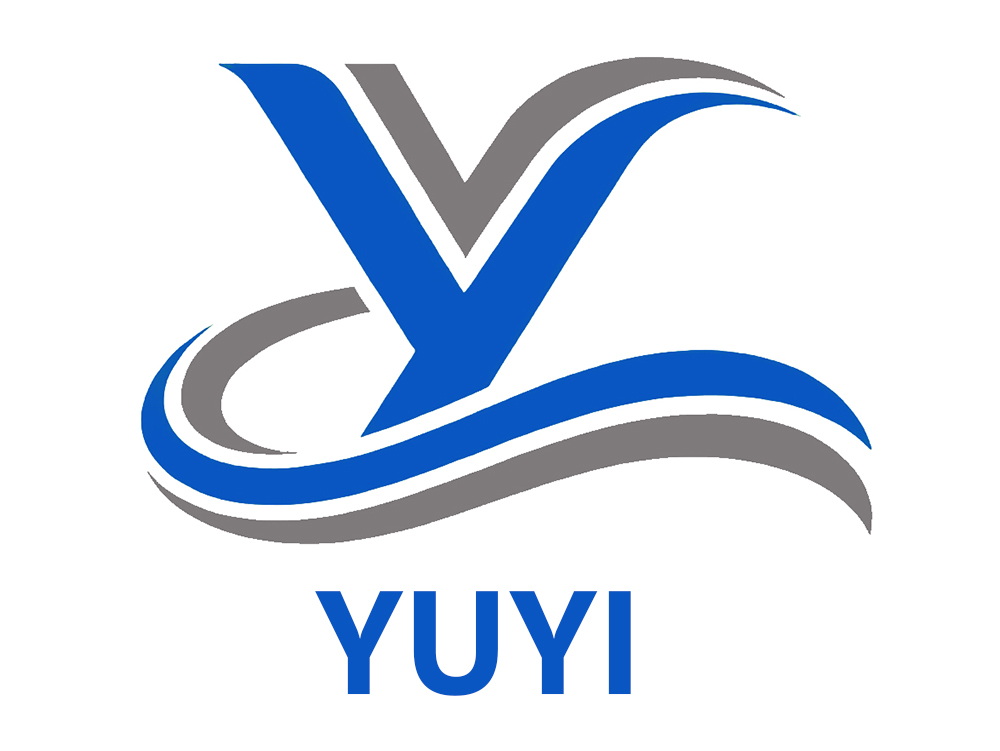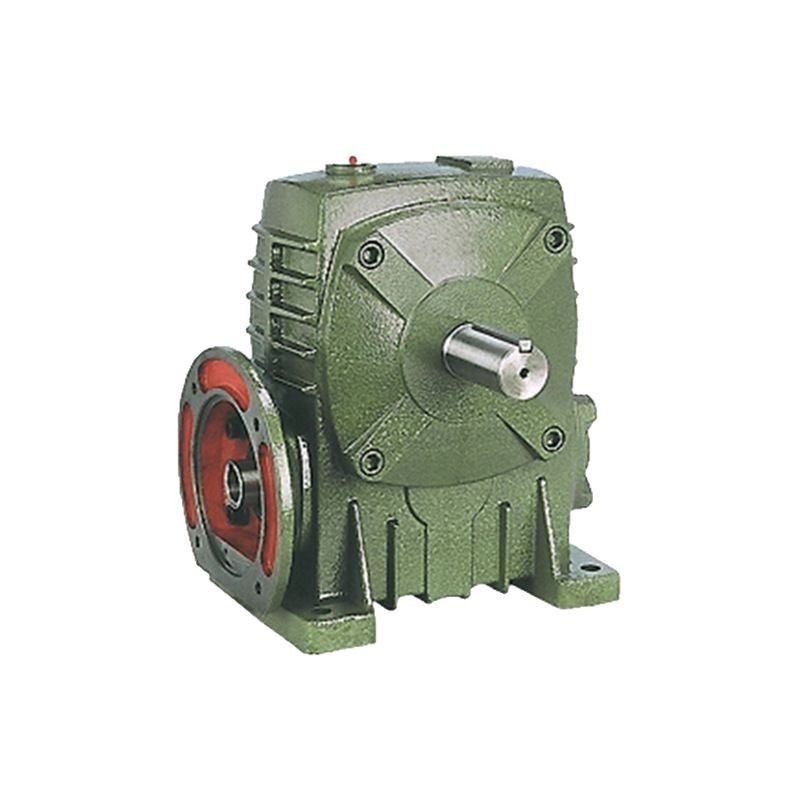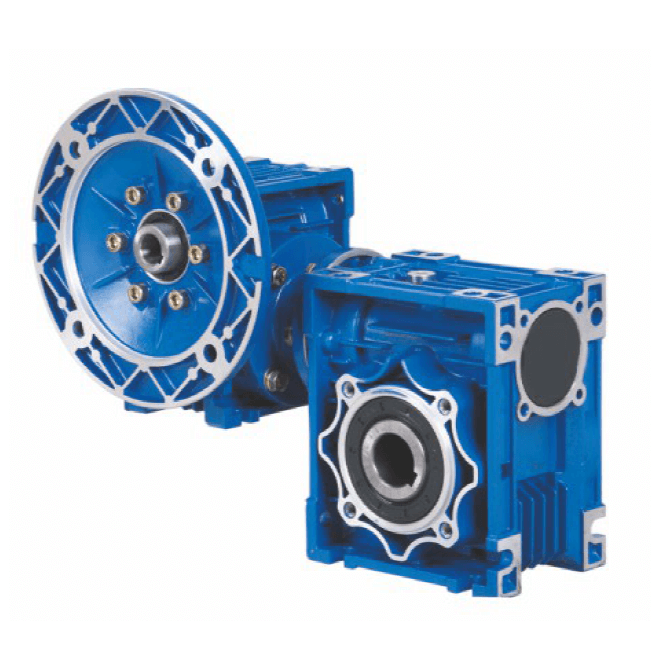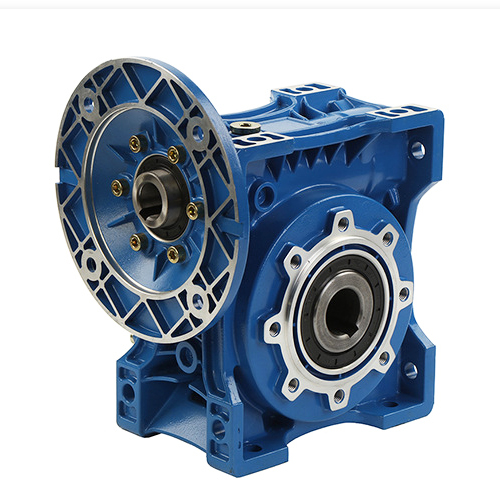Technological innovation drives the future
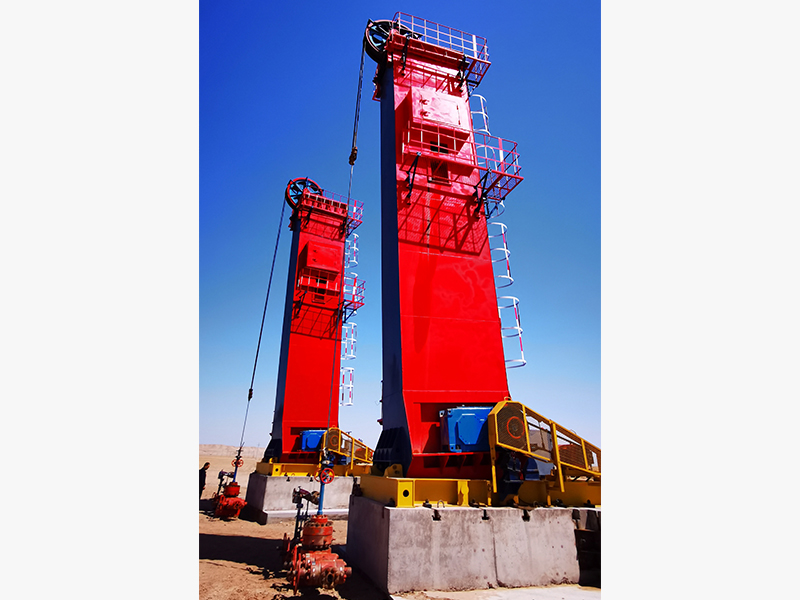
Technological innovation drives the future, and crane reducers enter a new era of "high efficiency and longevity."
Recently, with the accelerated transformation and upgrading of the high-end equipment manufacturing industry, the reducer industry,
a core transmission component of cranes, is experiencing a wave of technological upgrades. Traditional reducer products are no longer
able to meet the urgent demands of modern lifting equipment for high efficiency, low energy consumption, long life, and intelligent management.
Leading industry companies are significantly improving their product load capacity and transmission efficiency by applying new materials,
optimizing gear shaping technologies, and introducing precision lubrication systems. Furthermore, integrated condition monitoring sensors
are becoming a new trend, empowering reducers with intelligent "sensing and warning" capabilities. This provides a data foundation for predictive
maintenance and effectively reduces the risk of unplanned equipment downtime.
Notably, the concept of "green manufacturing" has penetrated the entire industry chain. Reducers that utilize new grinding processes and efficient
designs not only significantly reduce noise but also optimize energy consumption, meeting the environmental requirements of applications such as ports and steel.
Experts point out that the downstream market's increasing focus on crane energy consumption and lifecycle costs will continue to pressure upstream
reducer manufacturers to upgrade their technology. In the future, reducer products with high reliability, intelligence and environmental protection
characteristics will have an absolute advantage in the fierce market competition.
